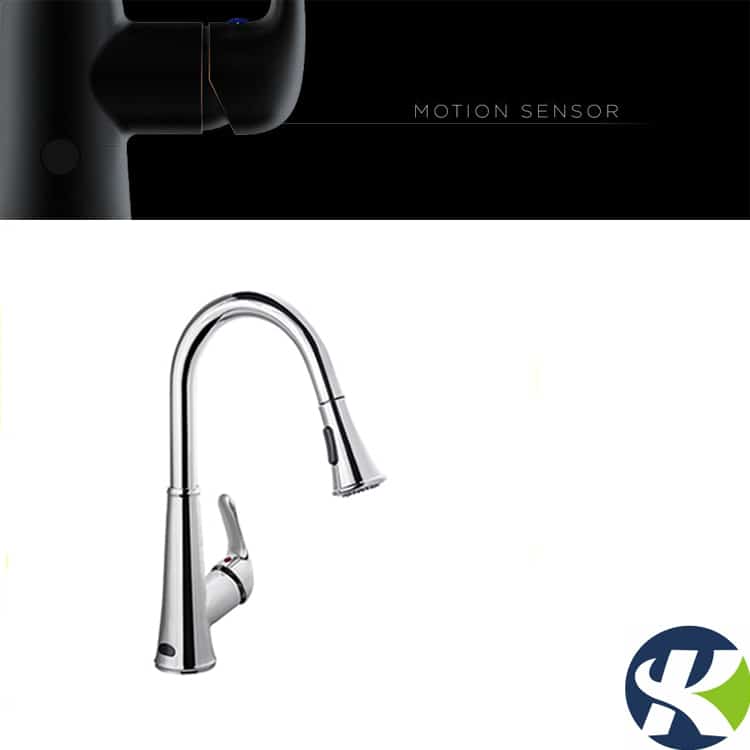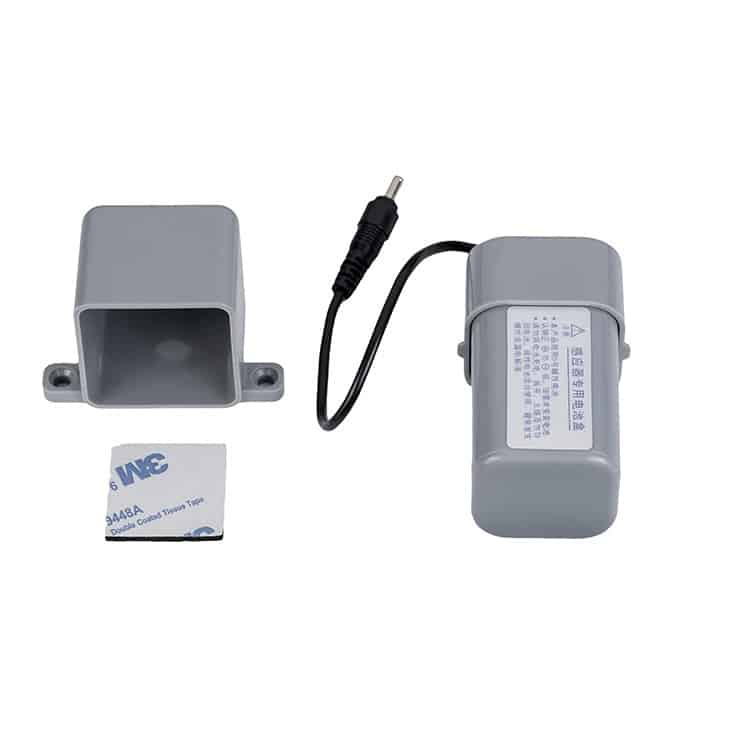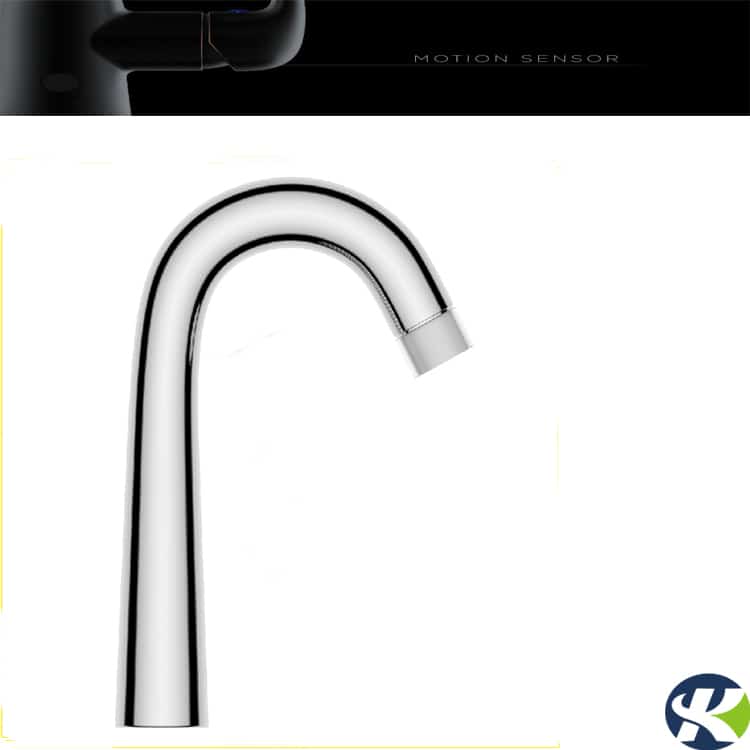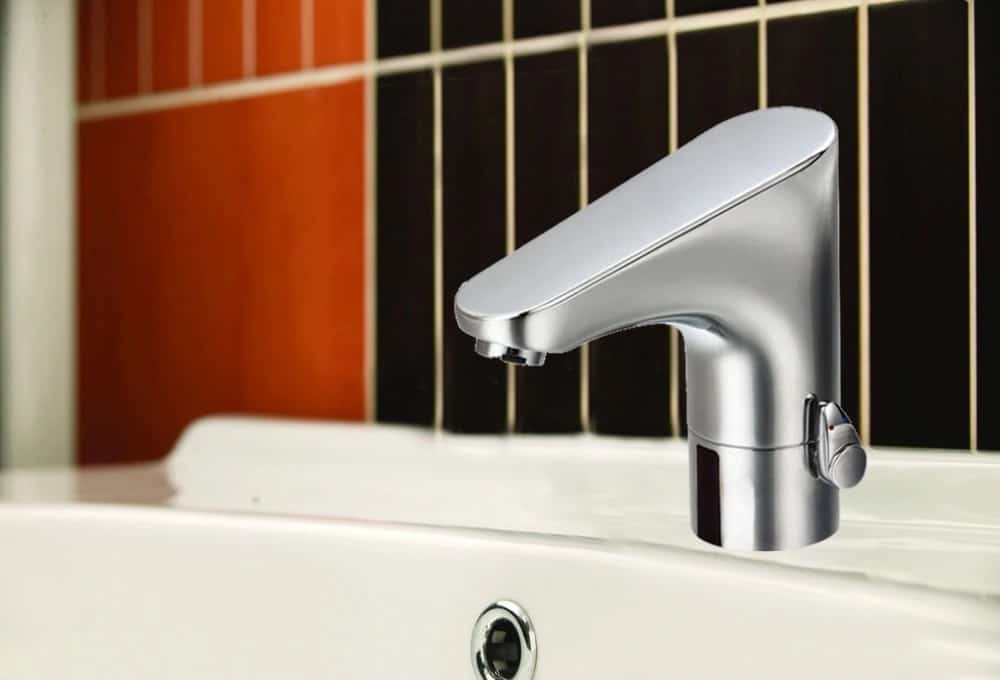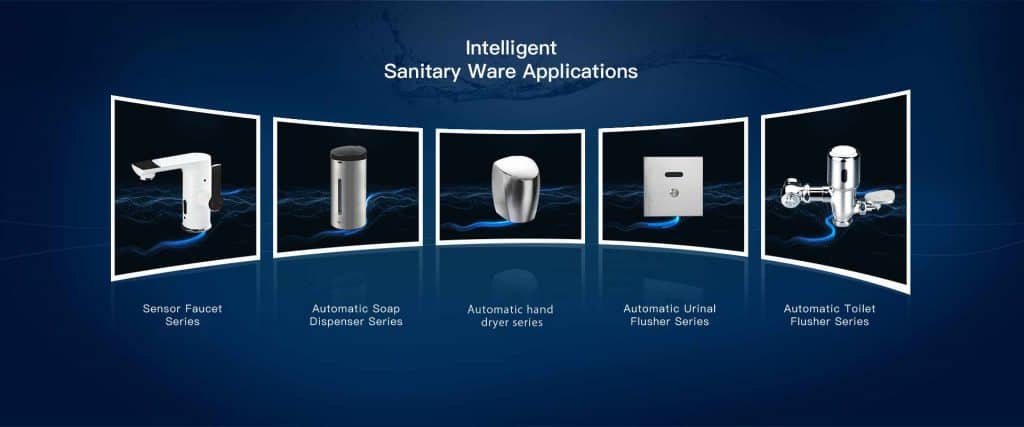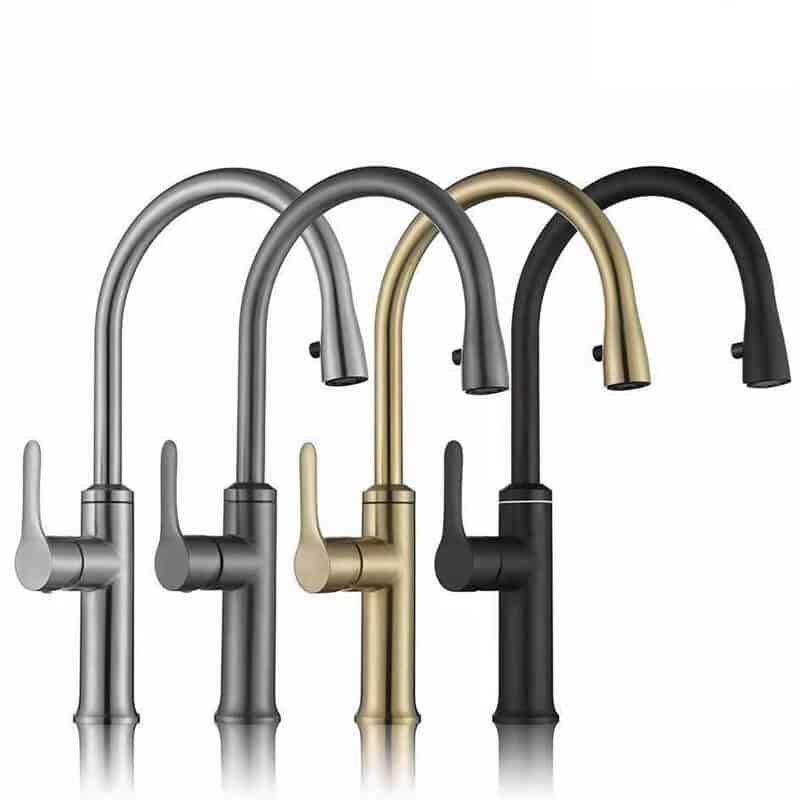Touchless faucets and soap dispensers for hand washing during the pandemic
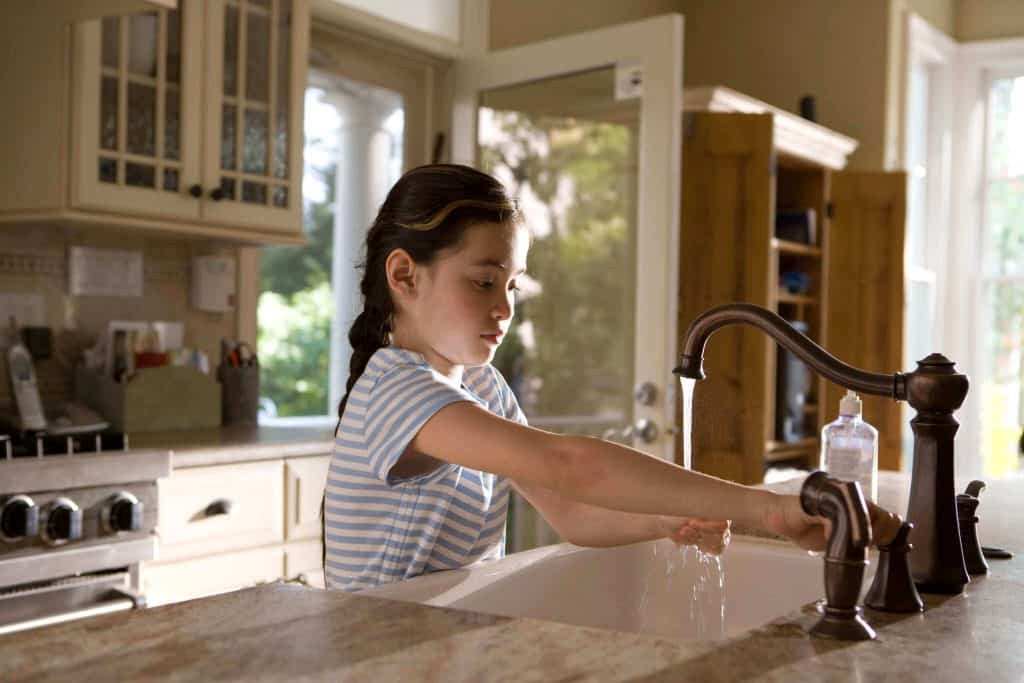
During the Coronavirus Disease 19 (COVID-19) pandemic, keeping hands clean is especially important to help prevent the virus from spreading.
Touchless handwashing is one of the best ways to remove germs, avoid getting sick, and prevent the spread of germs to others. Whether you are at home, at work, traveling, or out in the community, shopping malls, airports, and so on, find out how handwashing without touching can protect you and your family.
Also, kids don’t always listen when parents tell them to wash their hands before eating, after using the bathroom, or when they come inside from playing. But it’s a message worth repeating — hand washing is by far the best way to keep kids from getting sick and prevent the spread of germs.
Some forms of gastrointestinal and respiratory infections can cause serious complications, especially for young children, the elderly, or those with a weakened immune system.
How do germs spread?
Germs can spread many ways, including:
When to wash your hands
You should wash your hands thoroughly:
- After using the toilet or changing nappies
- Before, during, and after preparing food
- Between handling raw and cooked or ready-to-eat food
- Before eating
- After using a tissue or handkerchief
- Before and after attending to sick children or other family members
- After smoking
- After handling rubbish or working in the garden
- After touching an animal, animal feed, or animal waste
- After handling pet food or pet treats
- After playing games
- Entering and leaving a public place
- Touching an item or surface that may be frequently touched by other people, such as door handles, tables, gas pumps, shopping carts, restroom faucets and toilets
- Touching your mask
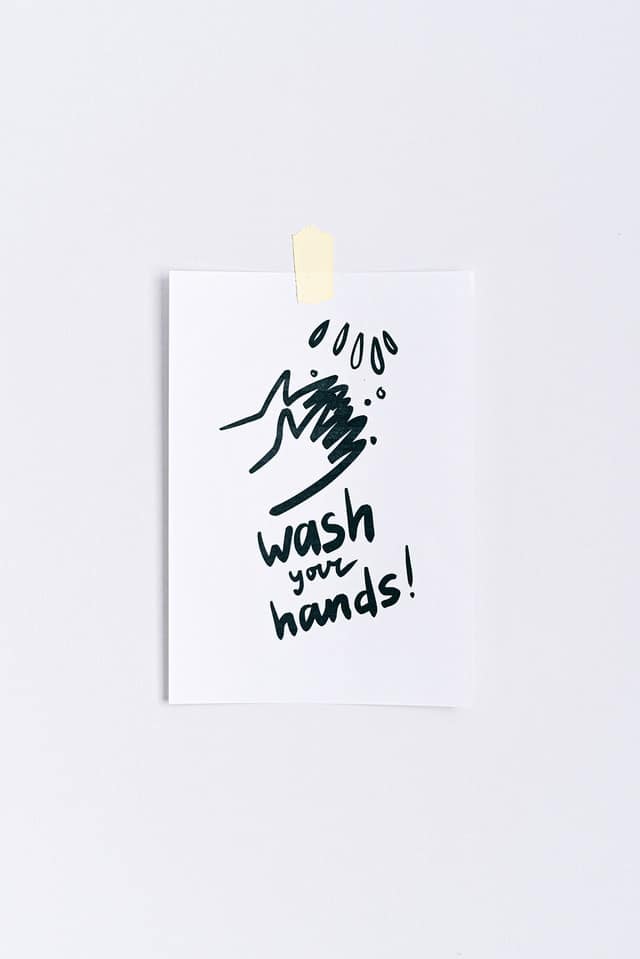
Washing hands prevents illnesses and spread of infections to others
Handwashing with soap removes germs from hands. This helps prevent infections, especially prevent coronavirus spreading because:

Removing germs through handwashing therefore helps prevent diarrhea and respiratory infections and may even help prevent skin and eye infections.
Five steps to wash hands without touching
Here are the five steps way to wash hands and scrub those germs away. Using automatic soap dispensers can improve efficiency and reducing touching risks.
- Wet your hands with clean, running water(warm or cold water is ok).
- Lather your hands by rubbing them together with the soap.
- Scrub your hands for at least 20 seconds. That means the back of your hands, between your fingers, and don’t forget your thumbs!
- Rinse your hands well under clean, running water.
- Dry your hands using a clean towel or air dry them.
Using touchless faucets and automatic soap dispensers can improve efficiency and reducing touching risks.
Don’t know the touchless faucets and touchless soap dispenser? Here you can read WHAT IS AUTOMATIC SOAP DISPENSER AND HOW DOES IT WORK and HOW DOES TOUCHLESS FAUCETS WORK.
Notice: remove rings and watches before you wash your hands, or ensure you move the rings to wash under them, as microorganisms can exist under them.
Soap is important
Washing hands with soap and water will remove substantially more disease causing organisms than washing hands with water alone. For people who find that soap causes skin irritation, it is useful to note that soaps can have a different pH – they may be neutral, slightly alkaline or slightly acidic, and perfumes in soap may also cause irritation.
Generally, it is better to use liquid soap than bar soap, particularly at work. However, bar soap is better than no soap. Antibacterial soap is unnecessary and does not offer an advantage over regular soap.
Products help to wash hands
The products help to wash hands efficiently, healthy, and hygienic. Kids like to use these products to wash their hands.

Touchless faucets
Without touching the faucets, just wave the hands, water out; wave again, water stop. It’s healthy and hygienic to wash the hands, with the touchless faucet, can prevent the spread of bacteria and germs.
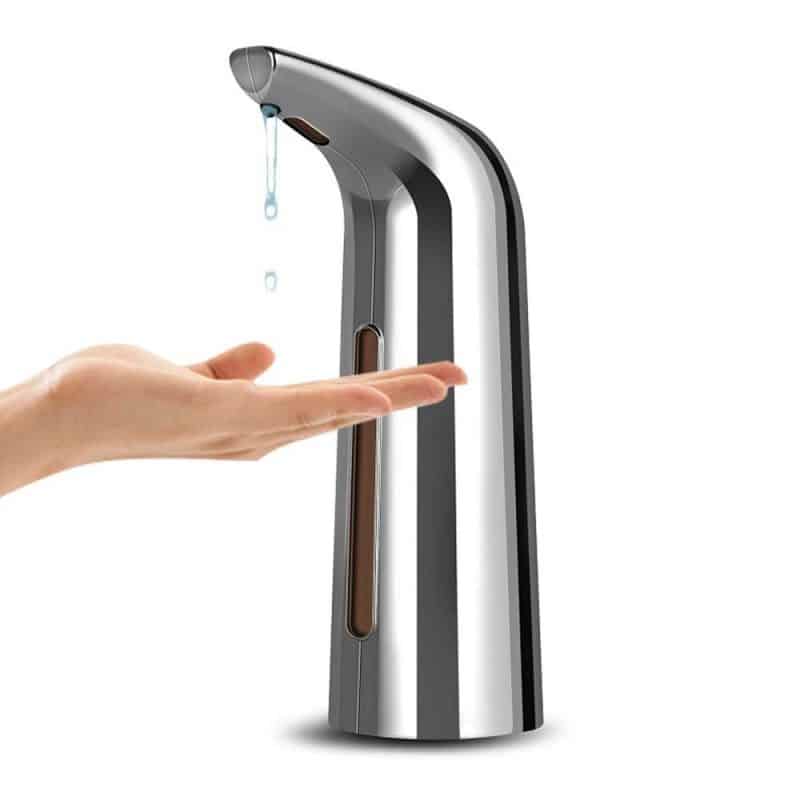
Automatic soap dispenser
The automatic liquid soap or hand sanitizer dispenser automatically supplies 1ml drop every time when hands place close to the sensor. It can be used in the home, bathroom, public restrooms, etc..
Benefits of washing hands
Bacteria accumulate on our hands constantly, so it’s impossible to keep them completely germ-free. But washing your hands properly, and often, limits the transfer of germs and has many great benefits.
1. Keeps your workplace healthy
Anyone who has ever had a job knows how easy it is for sickness to spread in the workplace. Once a co-worker gets sick, it’s not long before everyone else is under the weather. Proper hand washing by all employees can drastically cut down on the spread of illness – and even helps with not getting infected in the first place.
2. Creating a safer working environment for medical staff and the patients
The nature of many kinds of medical ways is very gentle. It usually deals with exposed inner organs or passing drugs into the body. So in these specific cases, Hand Washing has to be taken seriously because harmful bacteria can simply grow into our bodies to cause more harm.
3. Less food-borne illnesses
Nearly all food-borne illnesses arise from improper hand washing. And this doesn’t just happen in unfamiliar restaurant kitchens. At home, you also need to be vigilant about washing your hands before and after meal preparation and serving food.
4. Lowers survival rate for lingering bacteria
Bacteria have been on this planet for billions of years. They are masters at staying alive. So don’t expect them to simply die off if you don’t wash your hands. They can thrive on your hands for days, seeking refuge in your fingernails and cuticles.
5. Prevents infections through eyes, nose and mouth
Whether we realize it or not, we touch our eyes, nose and mouth up to four times an hour. This adds up to dozens of opportunities for bacteria to happily enter our bodies and cause infection. Thorough hand washing reduces the odds that these nasty microbes will make it anywhere near your face.
6. keep kids healthier
Teaching children how to properly wash their hands can cut way down on the spread of sickness in daycare centers, schools and at home. Tiny hands come into contact with hundreds of different surfaces and objects on a daily basis. Keeping those hands clean and germ-free helps kids, teachers, parents and everyone stays well!
7. Handwashing is an effective tool to prevent the COVID-19 pandemic
With COVID-19 transmission mainly spreading between people through direct, indirect (through contaminated objects or surfaces), or close contact with infected people via mouth and nose secretions, washing hands with soap and running water is of critical importance.
To stop the spread of COVID-19, along with other COVID appropriate behaviors, the practice of handwashing at regular intervals is a must, after coughing or sneezing, when caring for the sick, after using the toilet, before eating, while preparing food and after handling animals or animal waste. Handwashing after touching common surfaces such as doorknobs or handles, or after one comes back home from visiting a public place will keep ourselves and others around us safe.
Content source: Centers for Disease Control and Prevention

